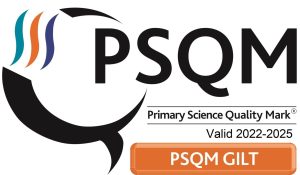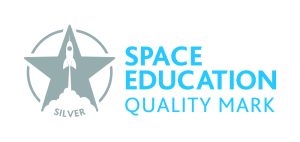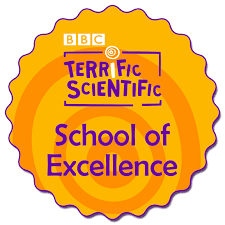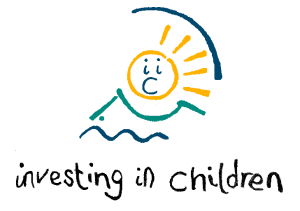Our Curriculum comprises of all of the learning and other experiences that we plan for our pupils. This, of course, includes the requirements of the National Curriculum and the Locally Agreed Syllabus for Religious Education. Through our curriculum we also extend pupils’ understanding of the cultural diversity of modern British society. Spiritual, Moral, Social and Cultural (SMSC) Development in Montalbo is given a high priority and visitors often comment on the wonderful, respectful attitude in school. We capture many aspects of SMSC in whole school and class big books, in PHSE, through RE reflections and through our work on visits and with visitors. We develop SMSC further through our assemblies (please see link below).
Spiritual, Moral, Social and Cultural Development
All National Curriculum subjects provide opportunities to promote pupils’ spiritual, moral, social and cultural development. Explicit opportunities to promote pupils’ development in these areas are provided in religious education and the non-statutory framework for personal, social and health education (PSHE) and citizenship. A significant contribution is also made by the school ethos, effective relationships throughout the school, collective worship, and other curriculum activities. To support children in their return to school after the COVID-19 closure, a greater emphasis will be given to PHSE with an emphasis on mindfulness, being outdoors and work on wellbeing.
Spiritual Development

Pupils’ spiritual development involves the growth of their sense of self, their unique potential, their understanding of their strengths and weaknesses, and their will to achieve. As their curiosity about themselves and their place in the world increases, they try to answer for themselves some of life’s fundamental questions. They develop the knowledge, skills, understanding, qualities and attitudes they need to foster their own inner lives and non-material wellbeing.
Moral Development

Pupils’ moral development involves pupils acquiring an understanding of the difference between right and wrong and of moral conflict, a concern for others and the will to do what is right. They are able and willing to reflect on the consequences of their actions and learn how to forgive themselves and others. They develop the knowledge, skills and understanding, qualities and attitudes they need in order to make responsible moral decisions and act on them.
Social Development
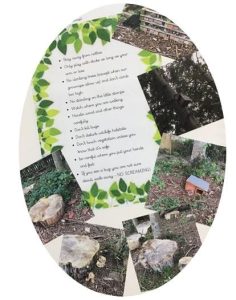
Pupils’ social development involves pupils acquiring an understanding of the responsibilities and rights of being members of families and communities (local, national and global), and an ability to relate to others and to work with others for the common good. They display a sense of belonging and an increasing willingness to participate. They develop the knowledge, skills, understanding, qualities and attitudes they need to make an active contribution to the democratic process in each of their communities.
Cultural Development

Pupils’ cultural development involves pupils acquiring an understanding of cultural traditions and ability to appreciate and respond to a variety of aesthetic experiences. They acquire a respect for their own culture and that of others, an interest in others’ ways of doing things and curiosity about differences. They develop the knowledge, skills, understanding, qualities and attitudes they need to understand, appreciate and contribute to culture.
Promoting Personal, Social and Health Education and Citizenship
The non-statutory guidelines for PSHE and citizenship are designed to help schools establish coherence and consistency, and to promote curriculum continuity and progression in pupils’ learning. Teaching on relationships will be brought it during the academic year 2020-21.
Children’s Voice
We listen to children’s opinions and use their feedback to shape several areas of school life. For example, we have School Councillors, Eco Councillors and Young Sports Leaders.



